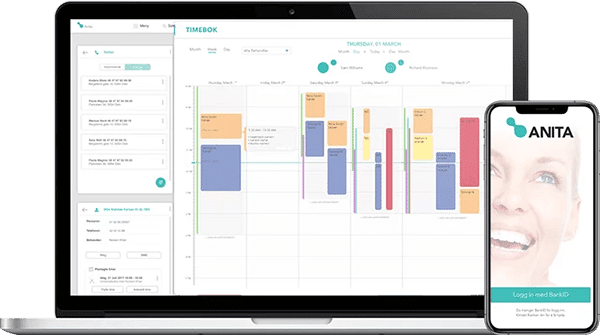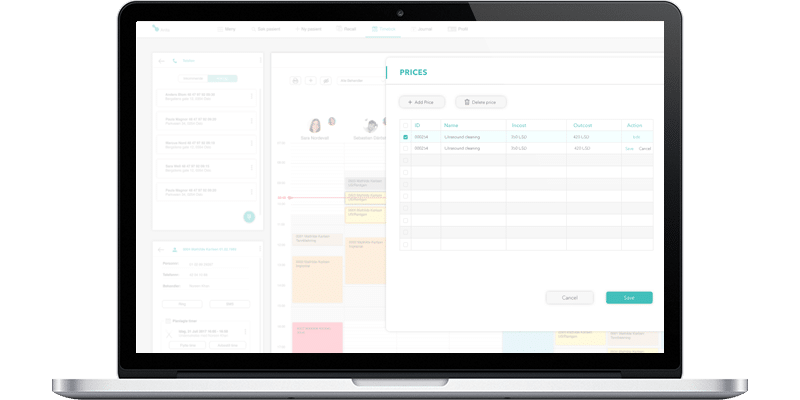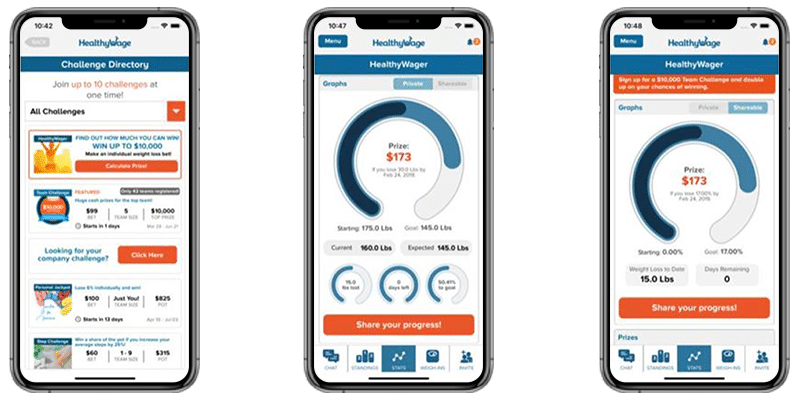What we offer
EHR integration services for software product companies
Software product companies are the catalysts for progress in the ever-evolving healthcare landscape. Our EHR integration services empower these companies to enhance their products, driving improved healthcare outcomes. We facilitate seamless connectivity between diverse applications, ensuring accurate data transfer and fostering efficient collaboration among healthcare stakeholders. Through our services, we aspire to transform health information management.
EHR/EMR integration consulting services
Our experts provide comprehensive consulting services to navigate the complexities of EMR data integration. With years of experience in the field, we comprehend the intricacies of the process. We aid healthcare institutions in understanding their requirements, choosing the most suitable approaches, and overcoming the hurdles they face. Our consulting services are a roadmap, guiding institutions towards successful integration and improved operational efficiency.
Custom EHR/EMR integration solutions
Recognizing the unique requirements of different healthcare institutions, we offer custom solutions. We build tailored solutions that meet the current needs of institutions and are adaptable to future challenges. These custom solutions range from simple interfaces to complex data analytics and reporting systems designed to enhance patient care and streamline healthcare operations.
EMR integration solutions for medical providers
Healthcare providers lie at the heart of the medical field, and we aim to simplify their operations with our robust EMR integration solutions. These solutions streamline workflows, consolidate patient data, and reduce the time spent on administrative tasks. In doing so, they enable providers to focus more on patient care. Tailored to suit the unique needs of each medical provider, our solutions optimize processes and contribute to better patient experiences.
EMR integration API development
We offer top-notch EMR Integration API development to facilitate communication between disparate systems. Our APIs enable secure and efficient data exchange, thereby enhancing system interoperability. They are designed to withstand the healthcare sector’s challenges, like high data volume and stringent security requirements. Our APIs expedite decision-making and promote effective patient management by providing real-time access to patient data.
Medical software integration services
The proliferation of medical software necessitates effective integration for optimal utility. Our medical software integration services ensure that the systems’ talk’ to each other, reducing data redundancies and errors. We integrate the software with EHRs and EMRs, enhancing the functionality and efficiency of healthcare operations. As IT partners, we strive to bridge the gap between technology and healthcare, paving the way for an interconnected ecosystem.
Healthcare data migration services
Our data migration services facilitate smooth transitions to new EHR/EMR systems. We prioritize data integrity and security, ensuring all patient records are transferred without loss or error. With our data migration services, healthcare institutions can confidently upgrade their systems, knowing their data is in safe hands. Our systematic approach minimizes downtime, enabling institutions to deliver quality care without disruption.
Get a free consultation on your project!
Benefits of EHR/EMR integration
EHR/EMR integration process
Get a free consultation on your project!
What impacts your project duration
Several key factors can influence the timeline of a project. While our team is committed to delivering a high-quality solution in the shortest possible time, these considerations must be taken into account to establish a realistic project duration:
- Project Scope
- Data Migration Volume
- Customization Requirements
- Team Availability
- Regulatory Compliance
What affects your project costs
The final cost of your project is contingent on various elements. Considering the necessary investments for your project, it’s essential to account for these impactful factors:
- Project Complexity
- Selected EHR/EMR System
- Engagement Model
- Data Migration Needs
What we need from your side
To successfully orchestrate the integrated electronic health record, we rely on a collaborative approach, considering your healthcare operation’s unique requirements and nuances. We can efficiently discern and address your needs by setting up online meetings with our engineers and project managers. To streamline our task and ensure the integration process is tailored to your organization, we kindly request the following information:
- Project Goals, Vision, and Roadmap
- High-Level Project Requirements
- Existing System Information
- Regulatory Compliance Requirements
- Availability for Regular Communication
Our tech stack





























































Explore our case studies
Frequently asked questions
What is EMR vs EHR integration?
EMR and EHR integrations link disparate healthcare systems, enabling data exchange and interoperability. However, there are distinct differences between the two. An EMR is a digital version of a patient’s medical history, typically confined to one practice. On the other hand, an EHR is a more comprehensive record, providing a broader view of a patient’s health. Integrating either system allows for a smoother workflow, enhances patient care, and improves healthcare outcomes by facilitating efficient data exchange and reducing data entry errors.
How does EMR and EHR work together?
The integrated health record provides a cohesive healthcare IT ecosystem. When these two systems are integrated, providers can access all necessary information in one place, improving the continuity and coordination of care. This comprehensive view enables providers to make informed decisions, deliver personalized care, and track patient health over time, contributing to better health outcomes.
What are the advantages and disadvantages of EHR EMR?
They improve data accuracy, enhance healthcare coordination, streamline administrative tasks, and offer advanced analytics capabilities. They also improve efficiency and reduce costs by eliminating the need for paper records. However, there are some challenges. Implementing such systems can be expensive and time-consuming. There might be resistance to change from staff, and adequate training is required for effective use. Data security and privacy are also paramount concerns, requiring robust measures to protect sensitive patient information.










